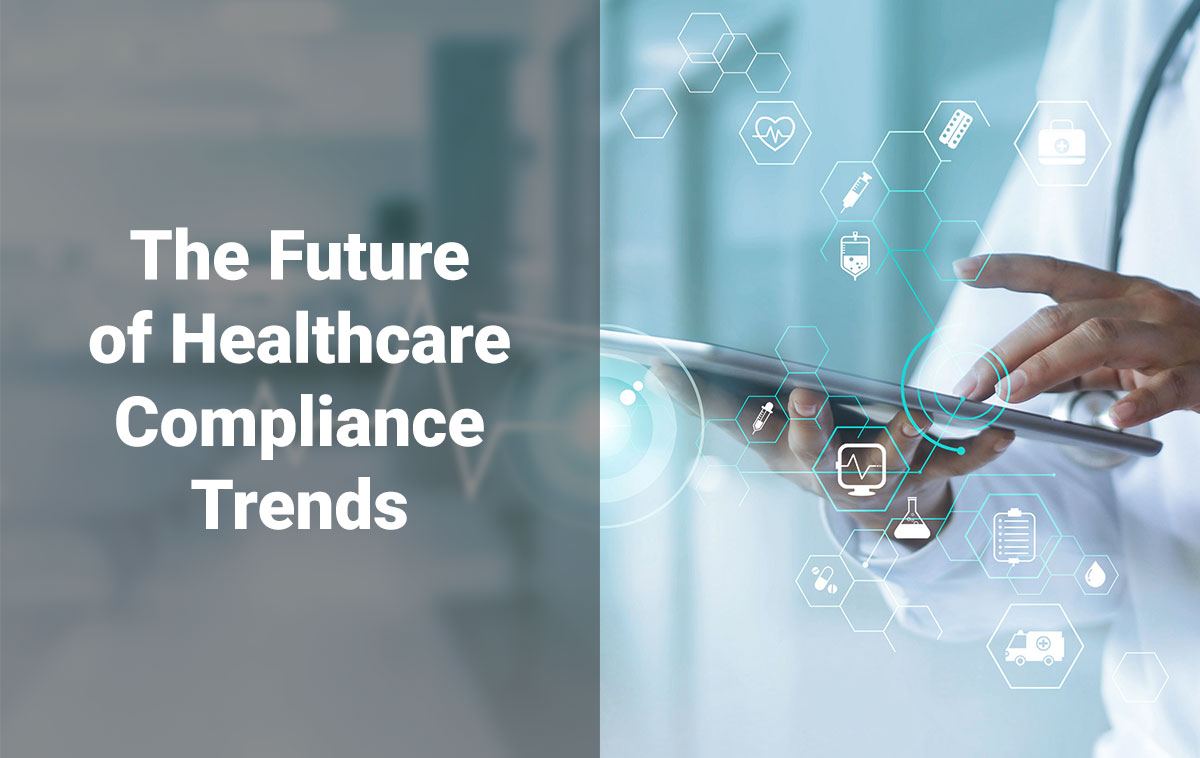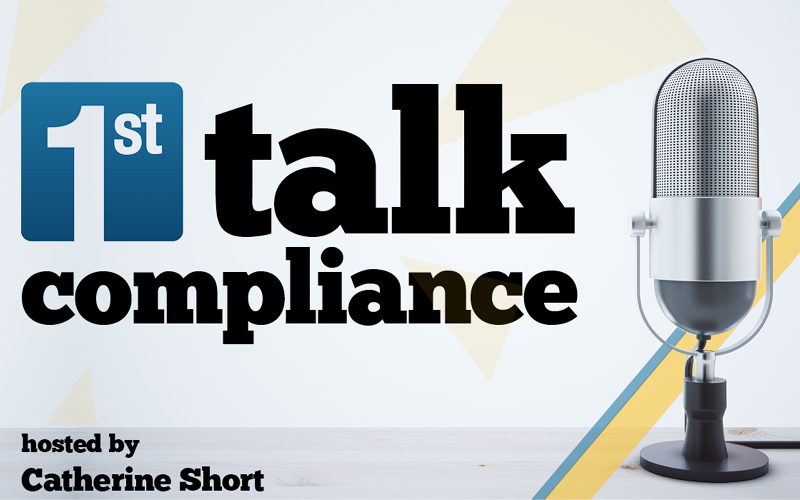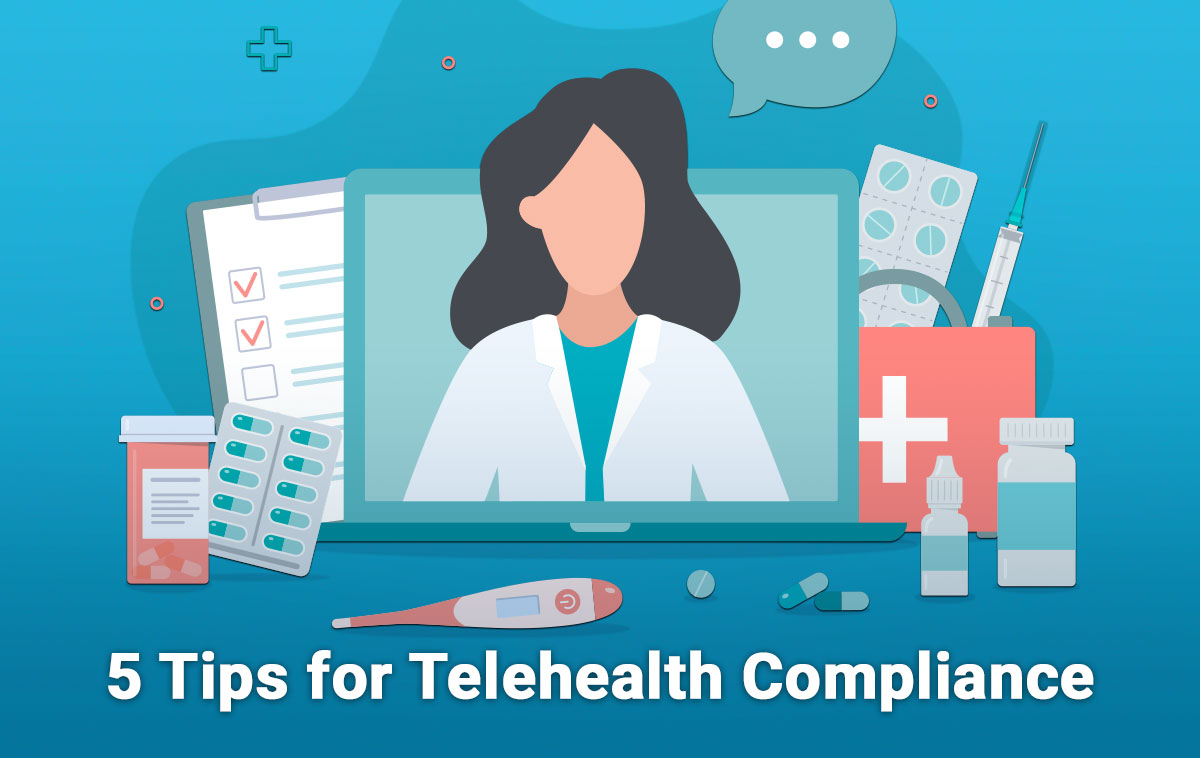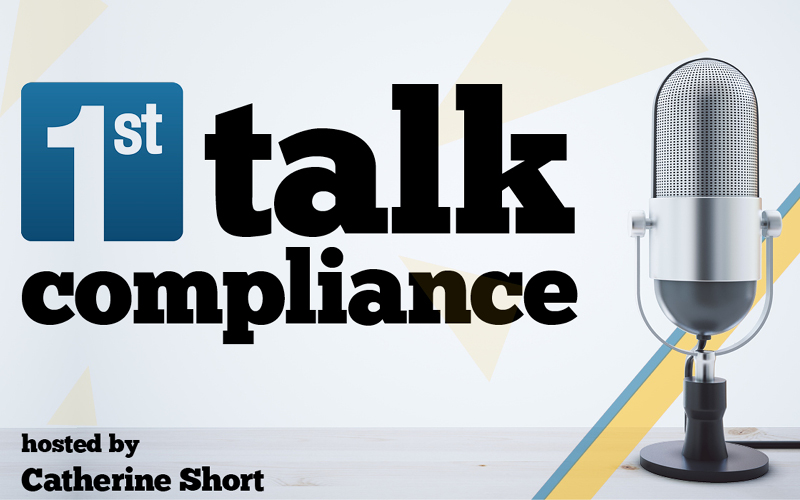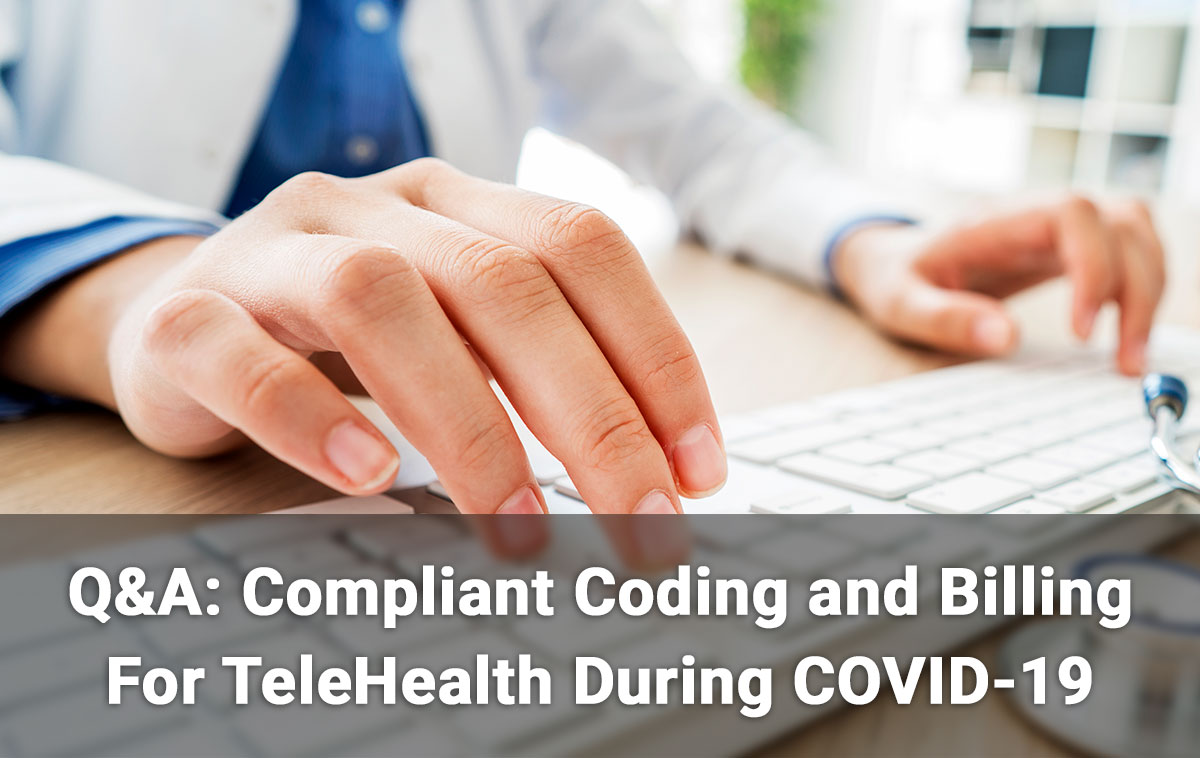The Future of Healthcare Compliance Trends

While much of the attention regarding healthcare has gone toward COVID-19, there are still many other topics of importance for healthcare providers. For example, effective compliance remains a top priority. And the rules continue to change, with 2022 being no exception. This is why an effective compliance program is essential.
Let’s talk more about the future of healthcare compliance trends and how you can stay one step ahead.
Telehealth Services
Telehealth services are becoming increasingly popular because of their convenience and ease of use. A recent poll shows that the expansion of telehealth is welcomed by most Americans, with 38 percent using these services to meet with a medical or mental health professional.
However, because these appointments are being conducted online, there are certain steps medical practices must follow. For instance, the use of information technology for things like videoconferencing must be compliant with HIPAA. Patients must also be fully informed on the risks and benefits of telemedicine, as well as give consent for treatment.
Information Blocking Regulations
The Information Blocking regulation went into effect in April 2021. It aims to encourage the sharing of patients’ electronic health information (EHI) by prohibiting healthcare providers and health IT developers from interfering. This is a complicated regulation, and there are many exceptions to be aware of, which you can learn about here.
No Surprises Act
Another healthcare compliance trend to have on your radar is the No Surprises Act. New rules are protecting people from surprise medical bills that often result in disputes between the patient and their healthcare provider.
This act went into effect in January 2022 and gives protections to consumers who are accessing emergency care, non-emergency care from out-of-network providers at in-network facilities and air ambulance services from out-of-network providers.
Electronic Prescribing of Controlled Substances
All healthcare providers must be familiar with the Electronic Prescribing for Controlled Substances (EPCS), as more states are accepting these mandates and putting them into practice. The goal is to eliminate paper prescriptions for controlled substances, making them digitized and traceable by pharmacies. By now, more than half of the U.S. falls under these mandates, and the rest will be following suit.
Equip Your Medical Practice with Health Compliance Software
It takes time for organizations to learn about the new compliance rules and implement new procedures, which is why healthcare compliance management software is essential. This software will keep your practice in compliance with the latest policies so that you’re not always playing catch up – and potentially putting your practice at risk in the meantime.
To learn more about protecting your healthcare organization with the best compliance software, contact 1st Healthcare Compliance today.

